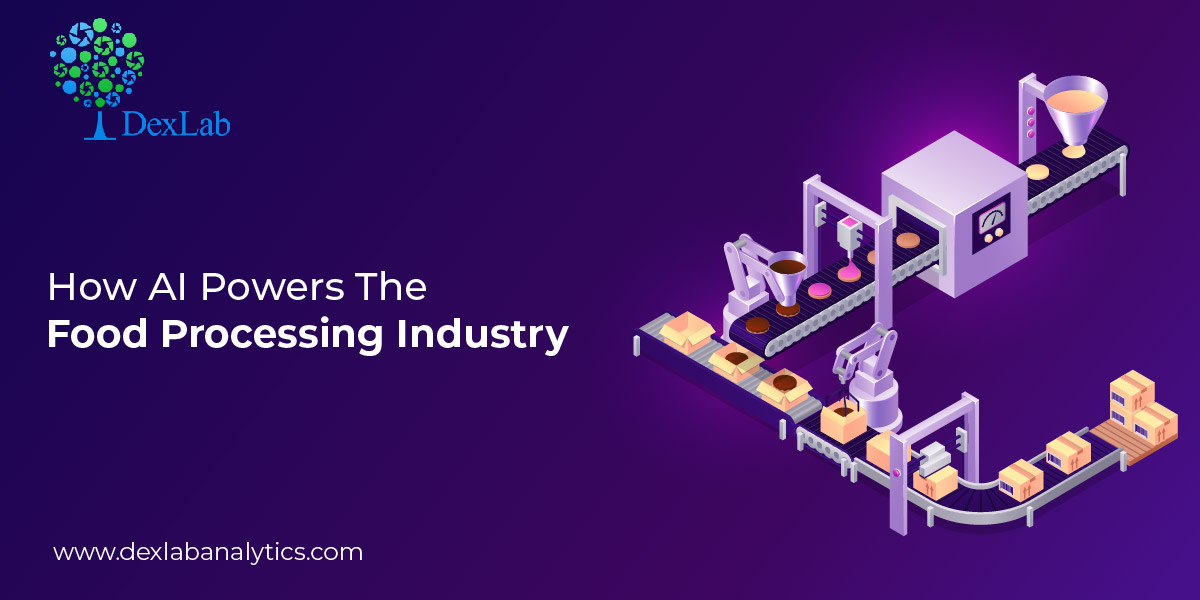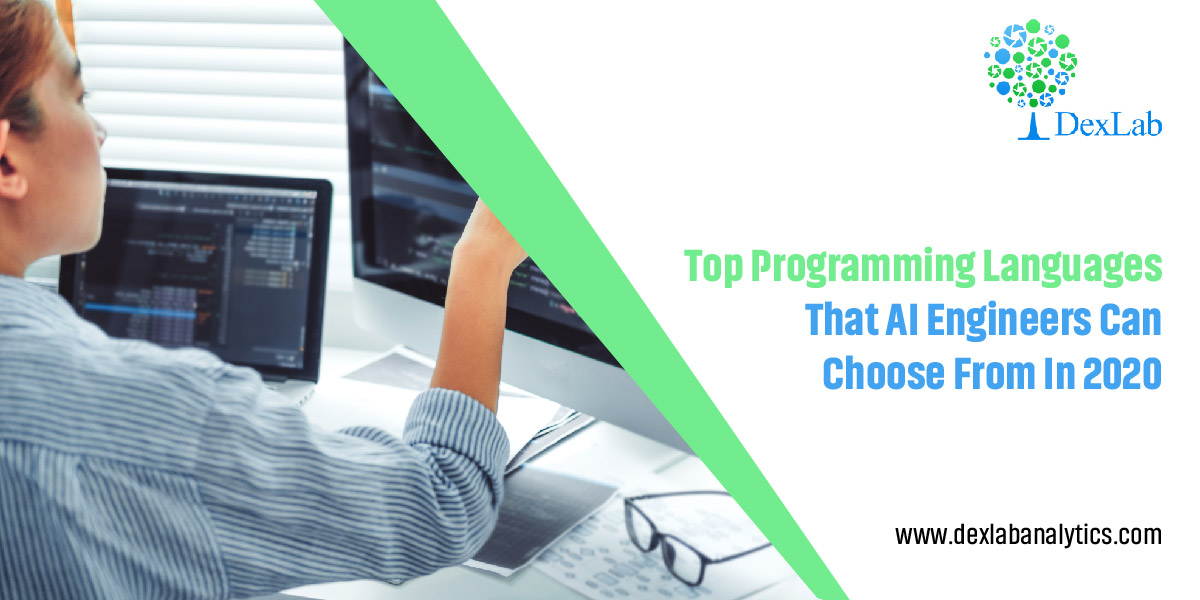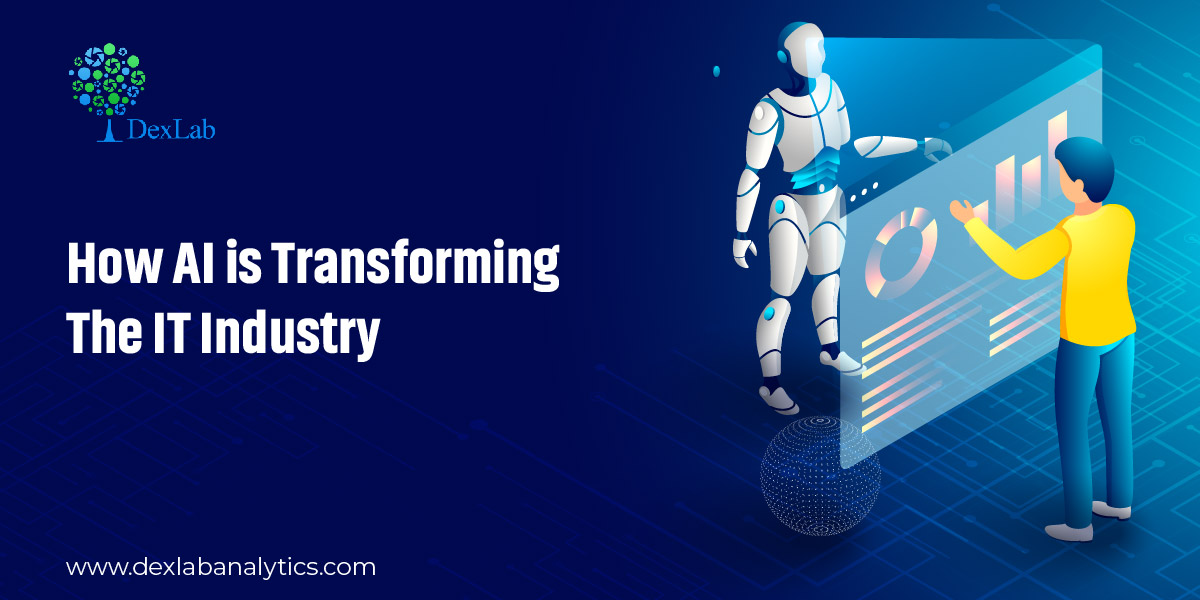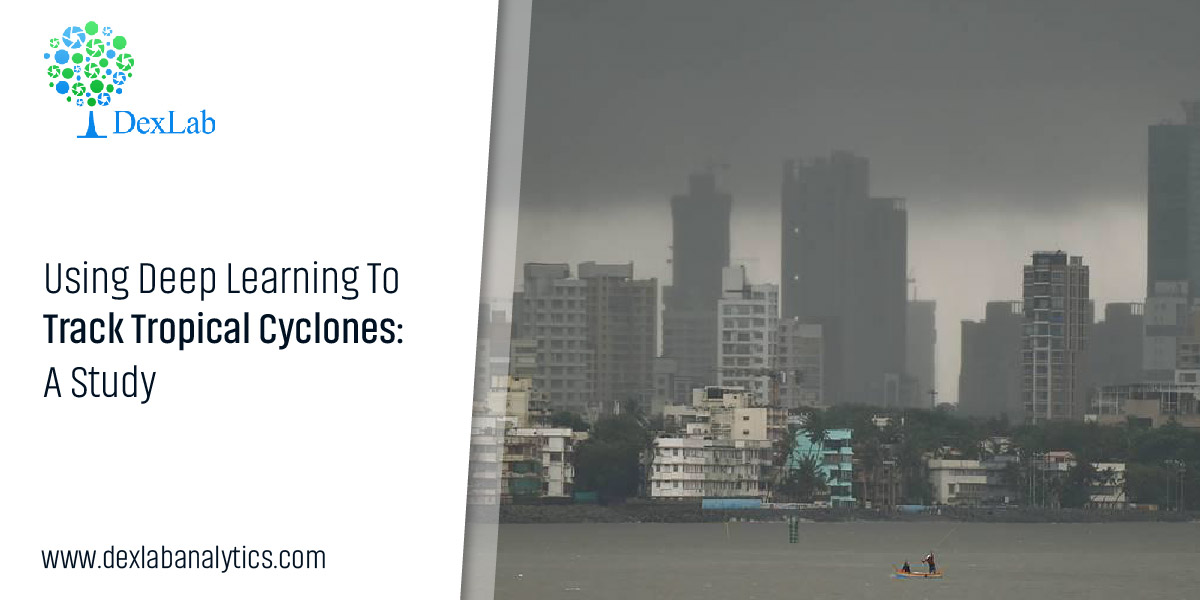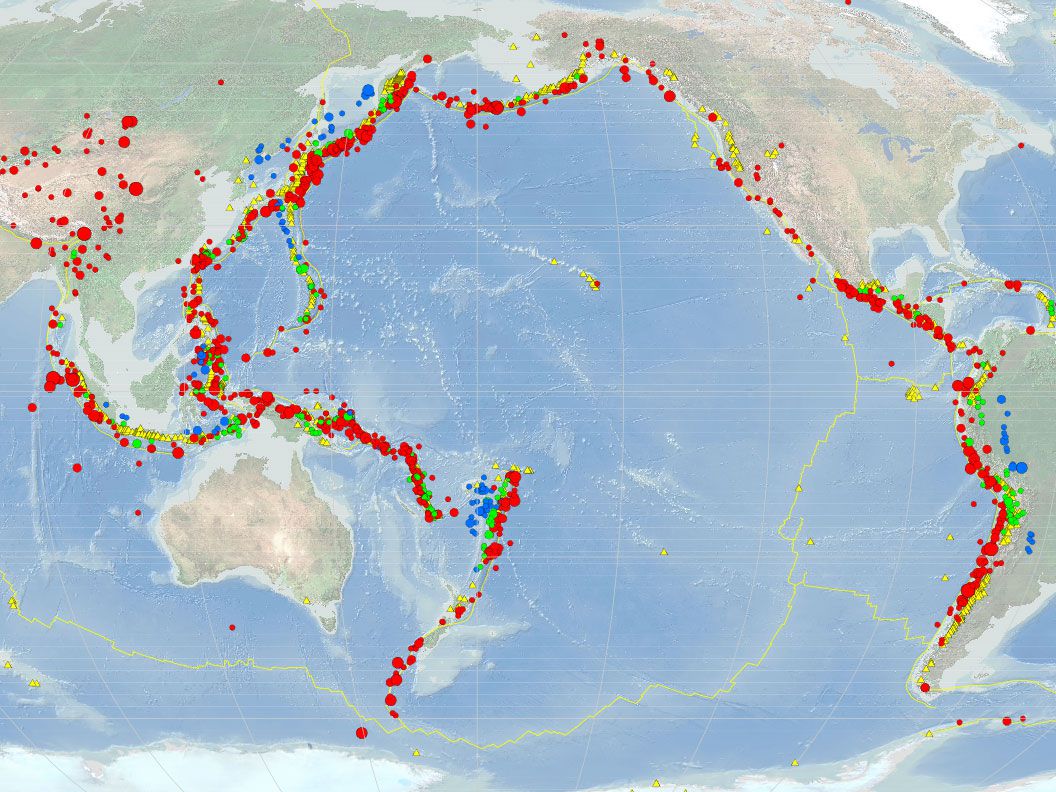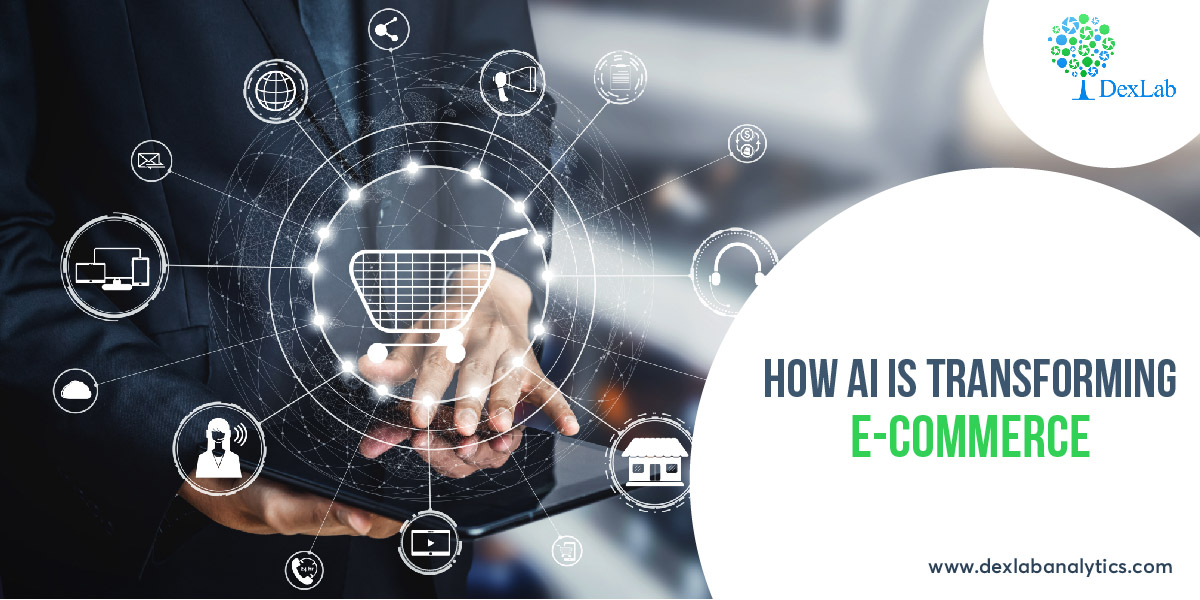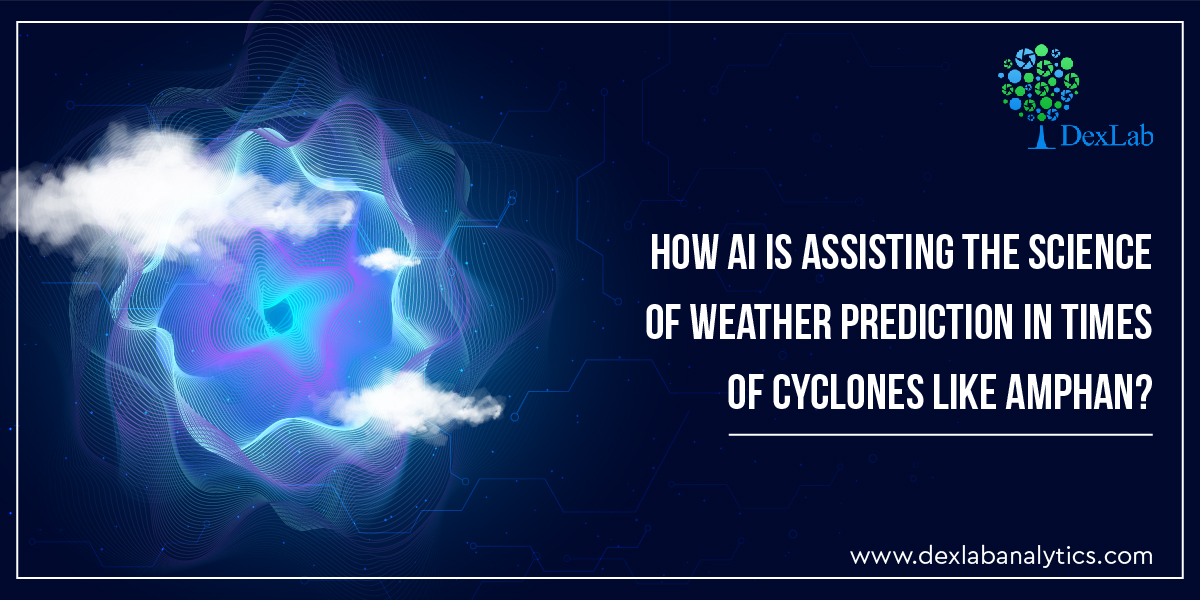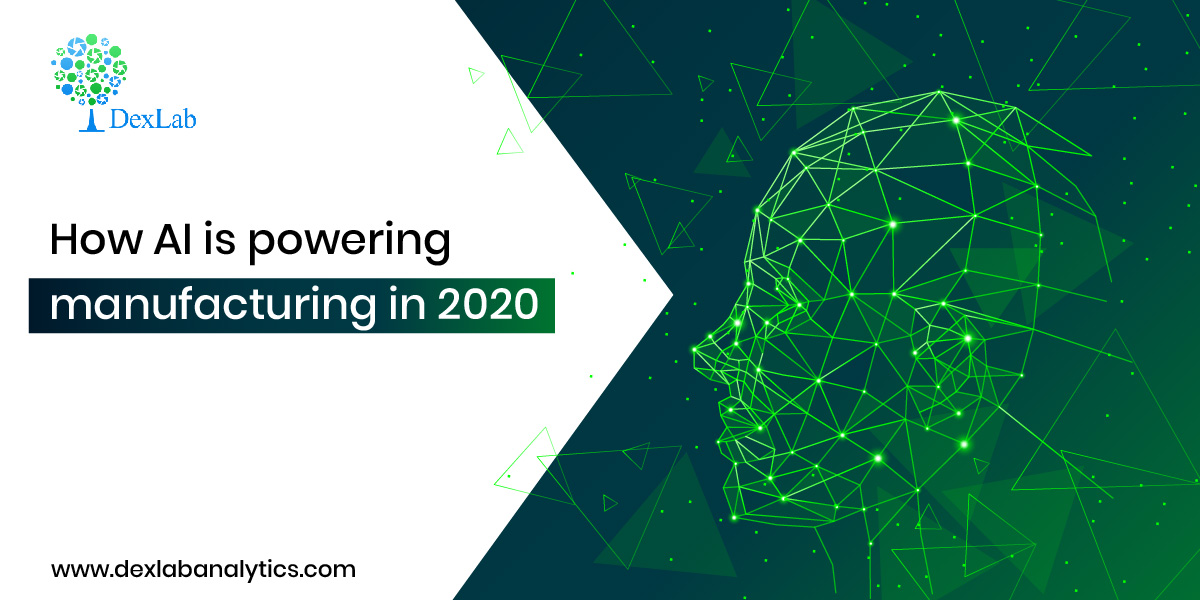Can computers understand food? Can they smell aromas or taste flavours? Well, with Artificial Intelligence (AI) taking the world by storm, the food industry is not outside the purview of AI’s midas touch. In fact, AI is expected to spur the industry on to the path of growth and expansion.
According to some sources, AI in the food and beverages market is expected to register a CAGR of 28.64 percent, during the forecast period 2018-2023. According to others, today, the Food Product and Handling industry is capped at a whopping $100 billion and will continue to grow at a CAGR of 5% at least till 2021.
Here are ways in which AI is fostering the highest standards of processing and handling of food products across the world.
Sorting
One of the most important tasks in a food-processing unit is sorting. Sorting fresh produce by size, colour and quality is the first thing to be carried out and it is time consuming. For instance, sorting potatoes by size and colour will determine whether a food giant will get French fries, hash browns or chips made out of them. Herein comes the role of AI powered machines. Companies like TOMRA Sorting Food have developed sensor-based optical sorting solutions with machine learning capabilities that use cameras and near-infrared sensors to “view food in the same way that consumers do” and sort it based on that perception, says a report. This results in fewer hours spent on manual sorting, higher yields, less wastage and better quality of prepared food.
Managing Supply Chain
With newer food safety regulations being introduced ever so often and a need for transparency growing by the day, it has become imperative for food and beverage companies to put in place robust supply chain management. There are several ways in which this is being done including food safety monitoring and testing of product at every stage of the supply chain and accurate forecasting to manage pricing and inventory.
Personal Hygiene Maintenance
Maintenance of personal hygiene for everyone entering and exiting a food-processing unit is of utmost importance. In 2017, tech company Kankan signed a big deal to provide AI-powered solution for improvement of personal hygiene among workers of food processing units in China. It uses face recognition technology to detect if workers are violating rules that ensure they wear masks and caps to maintain proper hygiene at work. According to Kankan this technology is accurate by over 95 per cent.

Cleaning processing equipment
This process is time consuming and essential to the supply chain. However, researchers are using AI to come up with better technology to reduce time taken and resources spent on cleaning equipment. For instance, researchers at the University of Nottingham have been developing a system that uses AI to reduce and cut down cleaning time and resources by 20-40 per cent. The system known as self-optimising-clean-in-place uses ultrasonic sensing and optical fluorescence imaging to detect food residue and microbial debris in equipment and facilitate cleaning of the same.
Thus, the importance of AI in various sectors of the economy cannot be stressed enough. For more on how AI powers the IT industry, read DexLab Analytics’ blog here and to know more on how AI powers space exploration read its blog here. DexLab Analytics is a premier institute offering artificial intelligence certification in Delhi NCR.
.
